Hope Center Program on Protein Aggregation and Neurodegeneration (HPAN)
About HPAN
The Hope Center Program on Protein Aggregation and Neurodegeneration (HPAN) is an interdisciplinary program that aims to find diagnostic tools and effective treatments for neurodegenerative diseases by investigating their underlying cause. As part of the larger Hope Center for Neurological Disorders, HPAN faculty work together to,
- Discover genetic alterations that lead to familial forms of neurodegenerative disease or alter disease risk for sporadic cases.
- Understand the biochemical and cell biological processes that control metabolism of proteins that misfold in neurodegenerative disorders.
- Apply models of neurodegenerative disorders to better understand disease pathogenesis and to develop treatments.
- Perform translational studies in humans to understand metabolism of proteins prone to aggregate in neurodegenerative disorders to develop better diagnostic and treatment methods.
Accomplishing these goals will provide insight to underlying molecular mechanisms of disease, and better ways to diagnose and treat neurodegenerative diseases.
HPAN laboratories use complementary approaches to address questions of protein aggregation in disease. A subset of these labs are located in the BJC Institute of Health, an inititative of BioMed 21.
HPAN Director
Neurodegeneration/HPAN Group Meetings: Monthly meetings provide an opportunity to share progress and get feedback.
About BioMed 21
The Hope Center Program on Protein Aggregation and Neurodegeneration (HPAN) is one of five Interdisciplinary Research Centers (IRCs) selected by the Dean of Washington University School of Medicine. As a BioMed 21 IRC, HPAN was awarded support from the Dean, and space in the new BJC Institute of Health (BJC-IH). Below are those HPAN labs that are based in the BJC-IH.
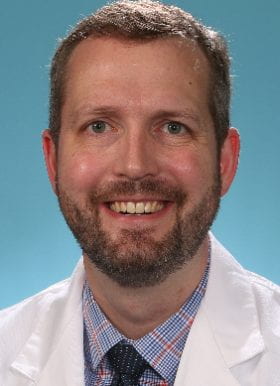
Asher Albertson, MD, PhD
Assistant Professor, WashU Neurology
- Phone: 314-362-2999
- Email: albertsona@wustl.edu
Molecular, cellular, and network mechanisms of cerebral recovery after severe injury

Randall Bateman, MD
Charles F. and Joanne Knight Distinguished Professor, WashU Neurology
- Phone: 314-747-7066
- Email: batemanr@wustl.edu
Alzheimer’s Disease: Pathophysiology, biomarkers, predictive diagnostics, treatments
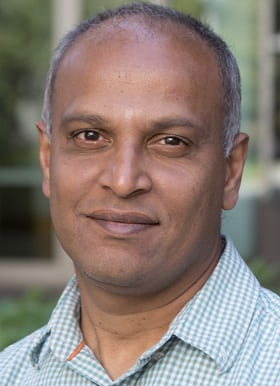
Anil Cashikar, PhD
Associate Professor, WashU Psychiatry
- Phone: 314-273-1863
- Email: cashikar@wustl.edu
Oxysterols in Alzheimer’s disease
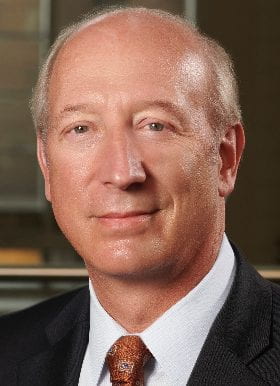
David Holtzman, MD
Hope Center Scientific Director; Barbara Burton and Reuben M. Morriss III Distinguished Professor, WashU Neurology
- Phone: 314-747-0286
- Email: holtzman@wustl.edu
Cellular/Molecular/ Biomarker studies of Alzheimer’s Disease and neonatal brain injury
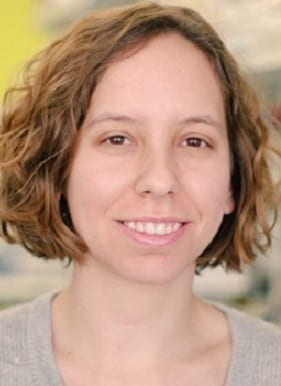
Celeste Karch, PhD
Professor, WashU Psychiatry
- Phone: 314-747-3161
- Email: karchc@wustl.edu
Molecular mechanisms underlying tauopathies
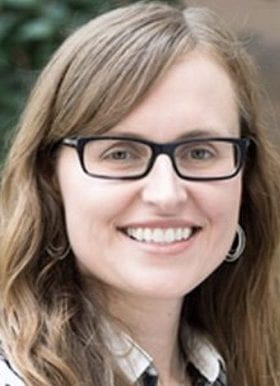
Geraldine Kress, PhD
Assistant Professor, WashU Neurology
- Phone: 314-362-5503
- Email: kress.g.j@wustl.edu
Role of circadian function on memory during aging and Alzheimer’s disease (AD) progression
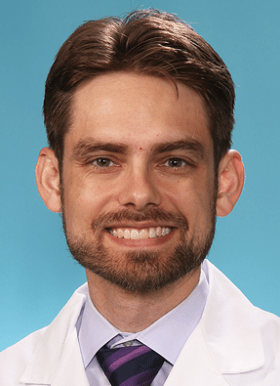
Eric Landsness, MD, PhD
Assistant Professor, WashU Neurology
- Email: landsness@wustl.edu
Connection between plasticity-dependent mechanisms for stroke recovery and sleep-dependent plasticity
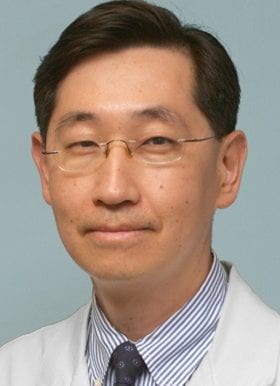
Jin-Moo Lee, MD, PhD
Andrew B. & Gretchen P. Jones Professor and Chair, WashU Neurology
- Phone: 314-362-7382
- Email: leejm@wustl.edu
Understanding mechanisms of neurologic disease
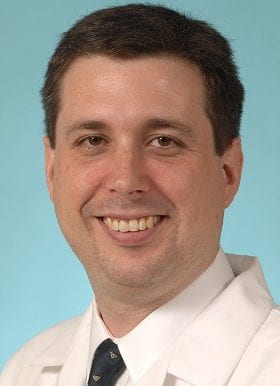
Brendan Lucey, MD
Professor, WashU Neurology
- Phone: 314-747-3805
- Email: luceyb@wustl.edu
Understanding the relationship between sleep, the amyloid beta diurnal pattern, and Alzheimer’s disease
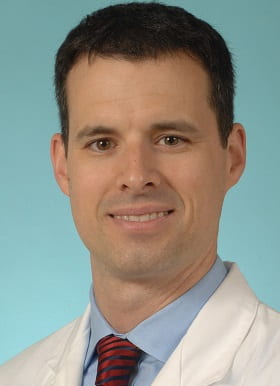
Erik Musiek, MD, PhD
Charlotte & Paul Hagemann Professor, WashU Neurology
- Phone: 314-747-5412
- Email: musieke@wustl.edu
Aging, oxidative stress, and circadian clock genes in neurodegenerative diseases
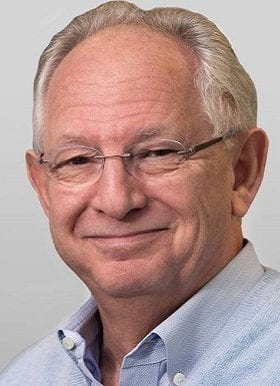
Steven Paul, MD
Professor, WashU Psychiatry
- Phone: 314-273-1863
- Email: smpaul@wustl.edu
Understanding how apoE contributes to the clearance and metabolism of Aβ in Alzheimer’s disease
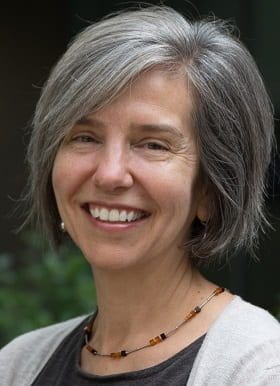
Anneliese Schaefer, JD, PhD
Hope Center Executive Director; Professor, WashU Neurology
- Phone: 314-747-3429
- Email: amschaefer@wustl.edu
Motor neuron disease
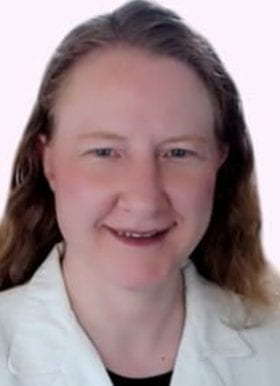
Suzanne Schindler, MD, PhD
Associate Professor, WashU Neurology
- Phone: 314-273-1655
- Email: schindler.s.e@wustl.edu
Fluid biomarkers of Alzheimer disease
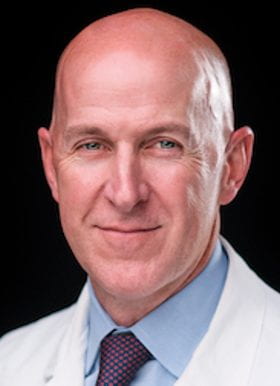
Gregory Zipfel, MD
Ralph G. Dacey Distinguished Professor and Chair, WashU Neurosurgery
- Phone: 314-747-8871
- Email: zipfelg@wustl.edu
Cerebral amyloid angiopathy; Aneurysmal subarachnoid hemorrhage